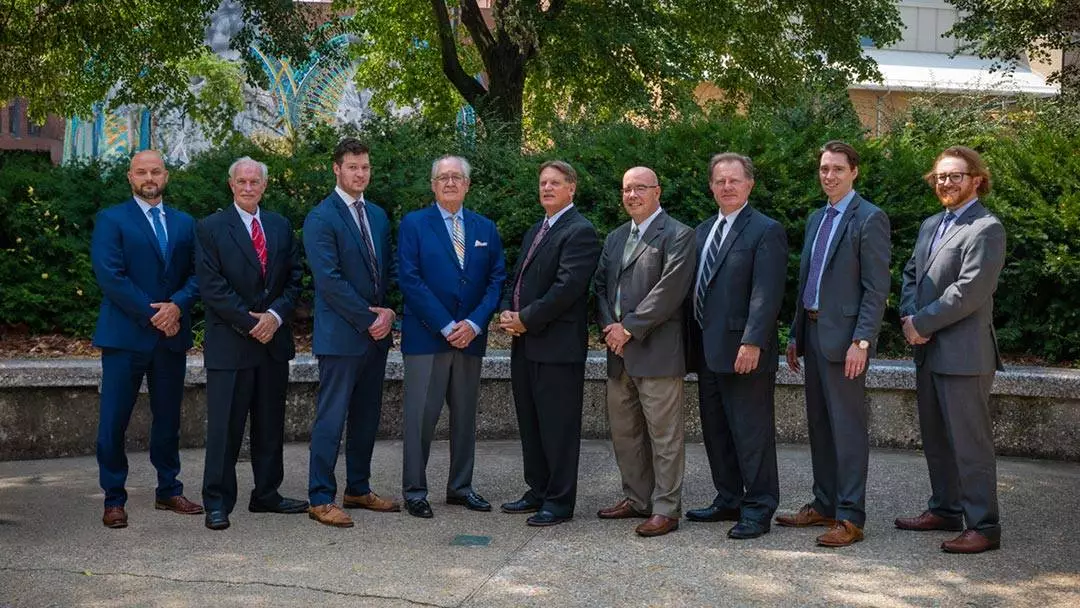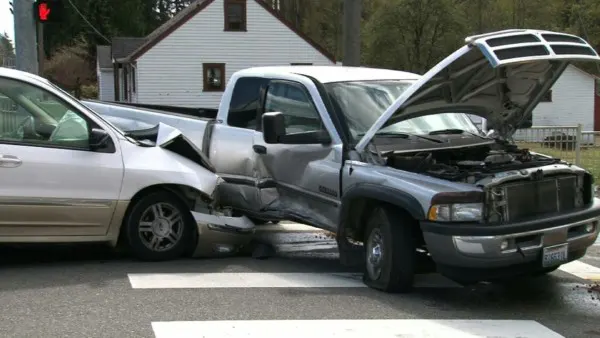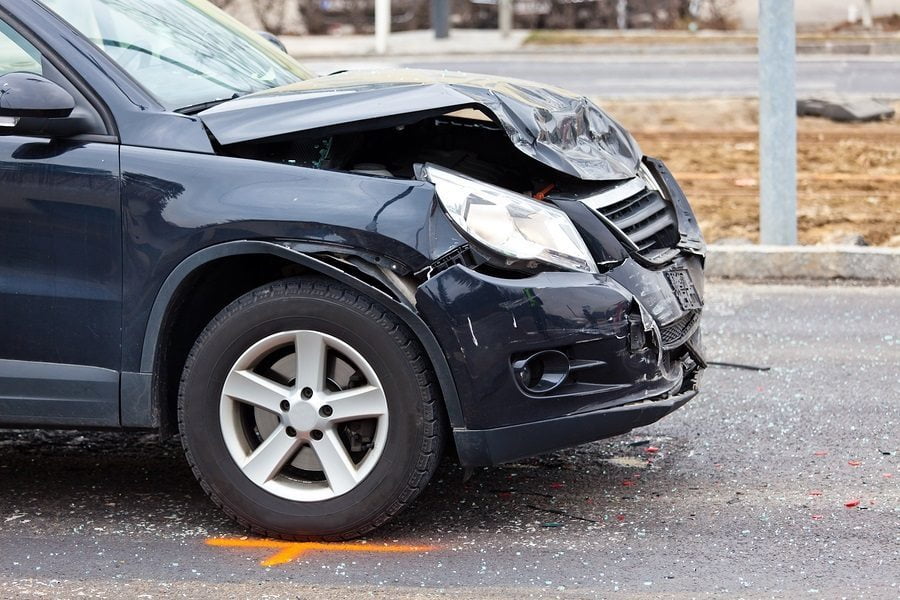Most people will probably think twice before sharing photos of their car accident online. But the dangers of posting on social media after a car accident extend far beyond the obvious — did you know that even seemingly harmless posts about your daily life could be twisted and used against you in a personal injury case?
Insurance companies and opposing attorneys are constantly searching for information that could weaken your case, and your social media activity is fair game. As personal injury lawyers, here are the top 4 things people often get wrong about social media after an accident — and why these mistakes could cost you dearly.
1. “My social media accounts are private; insurance companies can’t see my posts.”
While you may believe that your carefully curated privacy settings shield your online activity from prying eyes, they’re never foolproof. Insurance companies and legal teams may be able to access information that you may consider private using tactics like subpoenas. They could also potentially access information through the accounts of your friends and family.
While it’s definitely important to lean on your support network during this difficult time, consider other ways to connect and share that don’t involve social media — think: private phone calls, letters, or even in-person visits.
2. “I’ll just post positive updates about my recovery; it won’t hurt my case.”
In the eyes of insurance adjusters and opposing attorneys, every aspect of your life is under scrutiny after an accident. Any discrepancies between your social media posts and your claims about your injuries, pain levels, or emotional distress can be exploited to cast doubt on your credibility.
So, while staying positive is conducive to healing, sharing seemingly upbeat posts on social media about your recovery (or life in general) can be a double-edged sword. Photos of you smiling, attending social events, or engaging in physical activities — even if taken weeks or months after the accident — can be strategically used by opposing parties to downplay the extent of your injuries.
Additionally, even seemingly innocuous status updates or comments about your day or your mood can be taken out of context and twisted to suggest that you’re not experiencing the pain and suffering you claim.
3. “I can always delete my posts later if I need to.”
The internet has a long memory. Once you hit that “post” button, your words and images are out there, and it’s nearly impossible to completely erase them.
Even if you quickly delete a post, it may have already been seen, shared, or even archived by someone else. Screenshots, cached pages, and other digital remnants can preserve your online activity indefinitely, potentially coming back to haunt you during your personal injury case.
4. “I’m just sharing the truth about what happened. It’s my story to tell.”
While it’s natural to want to express your feelings and share your experience after a traumatic event, social media is not the ideal platform for doing so when you have a pending personal injury claim. Even if you believe you’re simply stating facts, your words can easily be misconstrued or taken out of context.
Here are some specific pitfalls to consider:
- Admissions of fault: Even a seemingly innocuous comment like, “I didn’t see the other car coming,” could be interpreted as an admission of fault, potentially harming your case.
- Exaggerations and minimizations: In the heat of the moment, you might exaggerate certain details or downplay the severity of your injuries. These statements can be used against you later to undermine your credibility.
- Emotional outbursts: Venting your frustration online might feel cathartic, but negative comments about the other driver, insurance companies, or even the legal process itself can create a negative impression and potentially alienate a jury.
Focus on Healing, Not Posting on Social Media
We know it’s not easy to stay silent online, especially when you’re going through a difficult time. After a car accident, try to focus on what matters most: healing and moving forward. The last thing you need is to worry about accidentally jeopardizing your claim.
Here’s where Slater & Zurz comes in — our car accident lawyers offer more than just legal expertise; we provide compassionate, personalized support to help you through every step of your recovery journey.
Contact us today at 330-762-0700 and let us help you find the peace (and compensation) you deserve.
Frequently Asked Questions
Can I post about my accident after my case is settled?
While it’s generally safer to wait until your case is resolved, it’s still wise to exercise caution. Sharing specific details about your settlement or the legal process could potentially lead to unintended consequences, like privacy concerns or even complications with future legal matters.
What if someone else posts about my accident?
It can be upsetting to see inaccurate or harmful information about your accident online, especially when it’s posted by someone else. If this happens, reach out to your attorney right away — they can advise you on the best course of action and even take steps to have the post removed or corrected.
Can I use social media to connect with other accident victims?
While online support groups and communities can provide a safe space for sharing your feelings and learning from others’ experiences, these groups are often public. Generally, it’s best to avoid sharing specific details about your case, injuries, or legal strategy.





